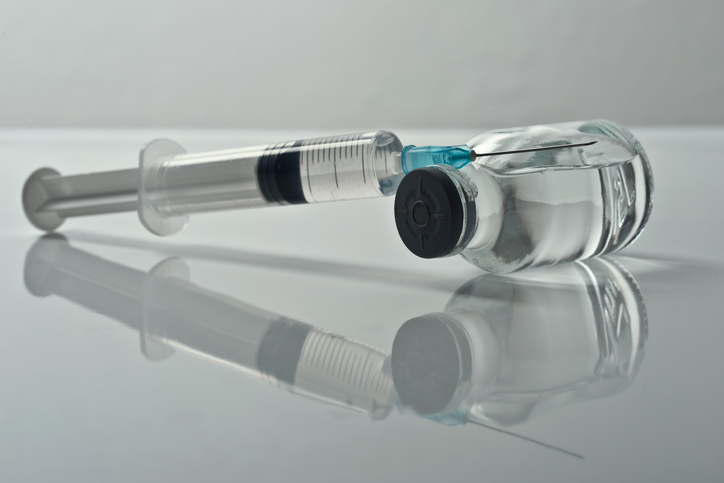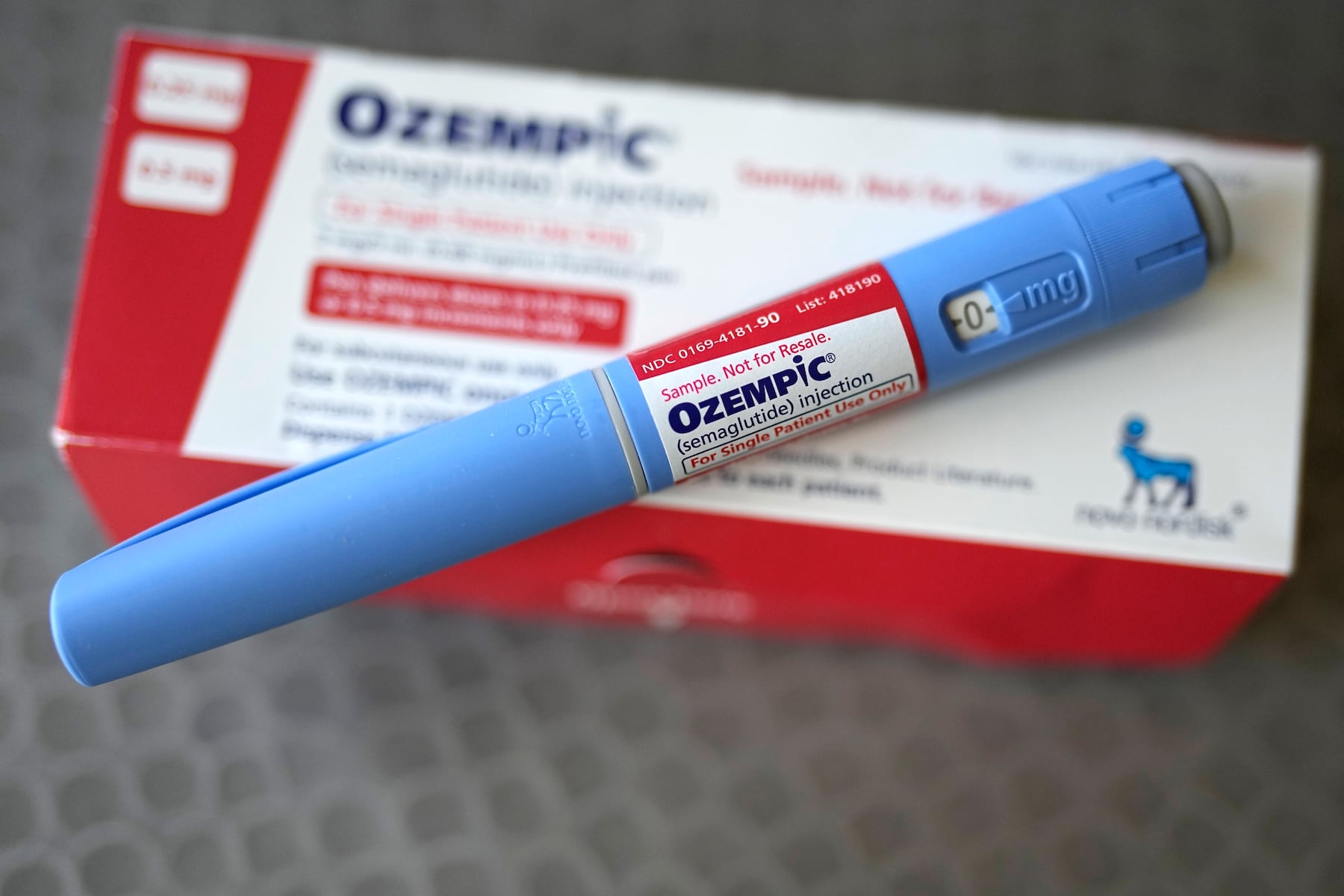BioCryst Pharmaceuticals has announced its acquisition of Astria Therapeutics for approximately $700 million, a strategic move aimed at enhancing treatment options for patients suffering from hereditary angioedema (HAE). This acquisition is poised to position BioCryst as a more formidable player in the competitive market for HAE therapies, which currently includes various injectable treatments.
The Durham, North Carolina-based BioCryst is already recognized for its oral medication, Orladeyo, which is approved for once-daily use in preventing HAE attacks. The acquisition of Astria introduces a new potential treatment: navenibart, an injectable kallikrein inhibitor designed to offer a significant reduction in the frequency of administration, with patients potentially requiring as few as two injections per year.
Enhancing Treatment Options for HAE
Hereditary angioedema is a rare genetic disorder that can lead to severe swelling attacks, particularly in the airway, posing significant health risks. Current treatment options include injectable drugs that require administration every two weeks to every two months. The introduction of navenibart, which is currently undergoing a global Phase 3 clinical trial, could dramatically change this landscape. The trial aims to evaluate various dosing regimens, including a starting dose of 600 mg followed by 300 mg every three months, or 600 mg every six months. Preliminary results are expected in early 2027.
BioCryst’s existing HAE product, Orladeyo, generated $437.6 million in sales last year, and the company forecasts revenue of $550 million by 2025. This excludes sales from the European Union, where rights are held by Italy-based Neopharmed Gentill. The company estimates its total HAE portfolio could reach $1 billion in revenue by 2029, with projections exceeding $1.8 billion by 2033.
Competitive Landscape and Strategic Growth
The HAE therapy market is rapidly evolving, with notable competition from companies like Takeda Pharmaceutical, which markets Takhzyro, an FDA-approved kallikrein inhibitor requiring biweekly injections. Recently, CSL Behring and Ionis Pharmaceuticals received FDA approval for new therapies, further intensifying market competition. CSL Behring’s Andembry is administered monthly, while Ionis’s Dawnzera can be given every month or every two months.
BioCryst’s acquisition of Astria not only enhances its product pipeline but also addresses patient needs for less frequent dosing. According to BioCryst’s Chief Commercial Officer, Charlie Gayer, current market research indicates that patients prioritize reduced treatment burden over increased efficacy. He noted that the availability of navenibart’s three- to six-month dosing schedule could significantly influence patient choices.
The financial terms of the acquisition include $8.55 in cash and 0.58 shares of BioCryst common stock for each Astria share, valuing Astria at approximately $13 per share, a premium of 53% over its closing price before the announcement. BioCryst has secured up to $550 million in debt financing from funds managed by Blackstone to assist with this acquisition.
Pending necessary regulatory and shareholder approvals, the transaction is expected to finalize in the first quarter of 2026. Upon completion, Astria’s CEO, Jill Milne, will join BioCryst’s board, and Astria’s shareholders will own around 15% of the combined company.
In addition to navenibart, Astria has a pipeline asset named STAR-0310, aimed at treating atopic dermatitis, which does not align with BioCryst’s focus on rare diseases. BioCryst plans to explore strategic alternatives for this asset.
The acquisition of Astria not only opens up new avenues for patient care but also strengthens BioCryst’s position in the rare disease market, particularly in the crucial area of hereditary angioedema therapies.







